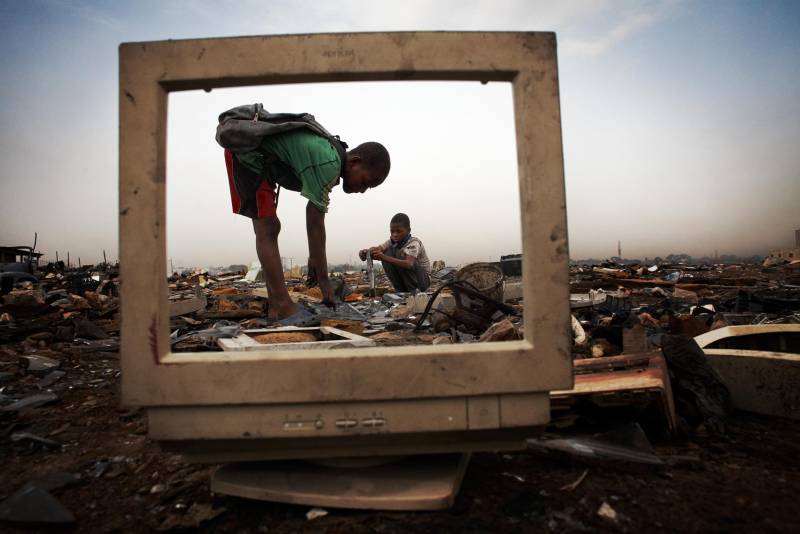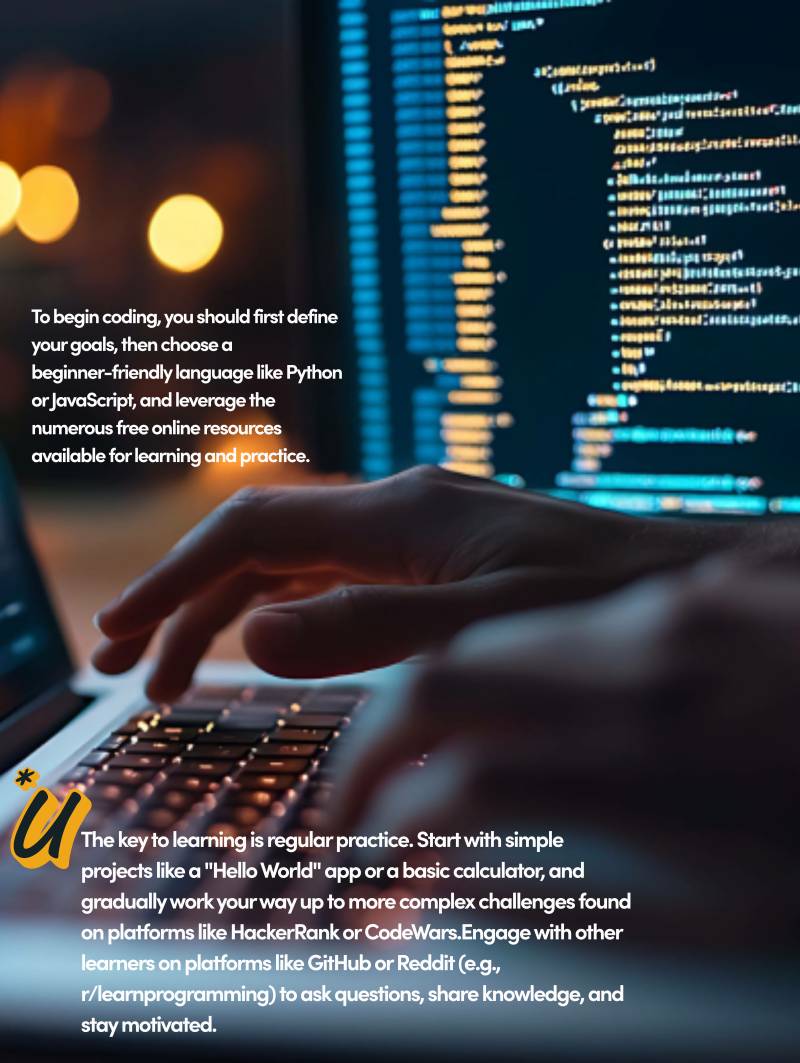This Is What I Learned After A Year of Studying Heartbreak
My deepest heartbreak occurred as a result of a relationship that never materialized. Joshua and I met through a mutual acquaintance. I was 24 years old and despised myself, as we all do in our twenties. With him, however, I discovered that I despised myself a little less. In his company, I created a story about how fantastic my life was – the kind of life you'd want to be a part of. Perhaps it was never even him who piqued my attention. I liked the version of myself who appeared at a bar across from Joshua, telling stories as if I had any, and pushing my shoulders back like if I knew who I was.
I can vividly remember every date – of which there can’t have been more than half a dozen – the cologne he wore, the waiter who kept interrupting, the nights we spent at his house, me discovering pieces of him on bookshelves and nightstands, an addictive glimpse into a world I wanted to live in. I was certain he was falling in love with me. He said as much. Plans began to unfold, with an imagined future as exciting as the present. The colour of my life changed.
Then, after I'd rinsed my hair, he called to cancel a date. The texts were increasingly erratic after that - he was busy, but maybe not; actually, never mind, let's do it next week – until he stopped responding at all. I'm jealous that my grandmothers never had to deal with the heartbreak of an iPhone that stopped working. He finally called: he'd returned to his ex-girlfriend. Until the day I die, I shall remember her name. I was courteous, and then I cried myself ill after I hung up.
This was not my first experience with heartbreak. Perhaps it stung the most because I had created a future that I had never seen. It's impossible to understand love – or whatever it was. It's enchanted, and heartbreak is the price we pay. Five years later, I would publish a book called Heartsick. For 12 months I closely studied heartbreak through the lives of three subjects. This is what I learnt.
Heartbreak, the kind that shatters your sense of self, and makes you realise the world offers promises it can’t keep, never really leaves you. I once spoke to a man well into his sixties whose heart had been broken at 14. When he recalled her name and the colour of her hair, he sobbed into hands that had weathered the decades since. For some of the subjects I interviewed, years had passed. Some were currently in love, but they still thought of that person who they had once designed their lives around. It had affected them deeply.
I learnt that heartbreak is not a brand of grief we respect. Our cultural response to heartbreak is vastly insufficient, and we offer meaningless platitudes in an attempt to wish it away sooner. We need a better vocabulary to describe a pain that has existed for all of human history, and better rituals to process romantic trauma.
Finally, there is a great deal of value in sadness. We are more useful to others if we allow ourselves to suffer romantic rejection and let the sadness pass through us. Isn't that the whole point of it? The language of heartbreak becomes a gift we may provide to others who are going through it right now. Ironically, it is when we are most alone that we are most human, and so most connected to everyone else around us. Maybe there isn't anything more lovely than that.




